17 June 2025
Let’s face it—we’ve all been there.
Sitting at your desk, textbooks sprawled everywhere, and that creeping feeling of déjà vu as you bomb yet another test. You studied, sure. But something just didn’t click. It’s frustrating. Maybe even a little embarrassing. But here’s the good news: those flops, those missteps, and even those epic fails? They’re gold mines.
Yep, you heard right. Mistakes aren’t roadblocks. They’re road signs pointing us in the direction of something better. When it comes to studying smarter (not harder), the key might just lie in reflecting on what didn’t work before.
So pull up a chair, grab a snack, and let’s dive into how you can turn your past study disasters into tomorrow’s academic wins.
Why Embrace Mistakes in Your Study Journey?
Mistakes Are Feedback
Imagine trying to learn how to ride a bike without ever falling. Wouldn't happen, right? Same goes for learning anything else. Each mistake you’ve made while studying isn’t a stamp of failure—it’s your brain’s way of saying, “Hey, we need to figure this part out better.”Mistakes give you specific cues about what’s not working. Didn’t remember key terms on the quiz? That’s feedback. Left the essay blank because you ran out of time? Another sign. These are clues, breadcrumbs, leading you toward better study habits.
Reflection Over Repetition
Too often, students just repeat what they did last time, thinking more time or more effort will solve the problem. But without reflecting on what went wrong, you're basically doubling down on a broken strategy.Reflection turns passive learning into active growth. It’s like watching a replay of your match after losing the game. You don’t do it to feel bad—you do it to improve.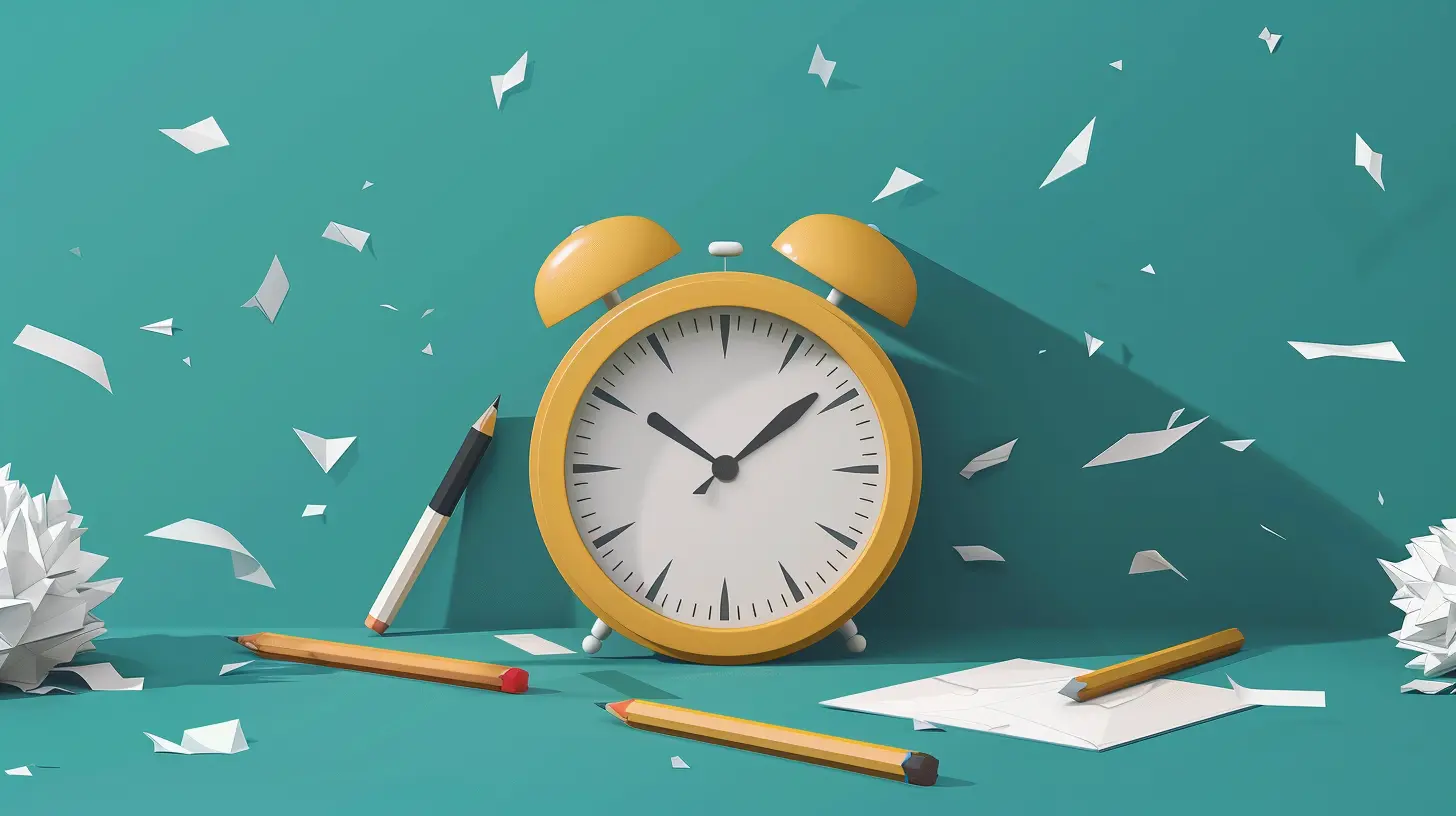
The Psychology Behind Mistake-Driven Learning
Let’s geek out for a second.There’s actual science backing up the idea that making errors can improve future performance—when addressed the right way. This concept is called error-based learning.
When you make a mistake and then correct it, your brain actually pays closer attention. The mistake creates a natural cognitive hiccup, making your brain more likely to remember the right answer next time. It’s like how touching a hot stove just once makes sure you never do it again. Harsh? Maybe. Effective? Absolutely.
Step-by-Step: How to Analyze Your Past Study Mistakes
1. Identify the Mistakes (Without the Self-Criticism)
Let’s keep it real: there’s no growth in guilt.Instead of beating yourself up ("I’m such a bad student!") switch to detective mode ("Hmm, what exactly tripped me up?").
Was it:
- Poor time management?
- Not understanding the material?
- Lack of focus?
- Procrastination?
- Misjudging what would be on the test?
Write these down. Seriously, grab a journal or a Google Doc and start logging it. If you can name the mistake, you can tame it.
2. Categorize the Mistakes
Not all mistakes are created equal. Some are simple slips, others are systemic problems.Sort them into categories like:
- Knowledge Gaps: You didn’t know the info.
- Study Techniques: Your method wasn’t effective.
- Mindset/Emotions: You were anxious or distracted.
- Logistical Issues: You ran out of time or forgot deadlines.
This makes it so much easier to come up with targeted solutions. Like a personalized playbook.
3. Find the Pattern
If you’re messing up in the same area over and over—ding ding ding! That’s a pattern worth breaking.Let’s say every test you struggle with time management. That’s not a fluke. That’s a habit that needs fixing.
Reflection isn’t a one-time thing. It’s about gathering data on you, learning your weak spots, and then strategically patching them up.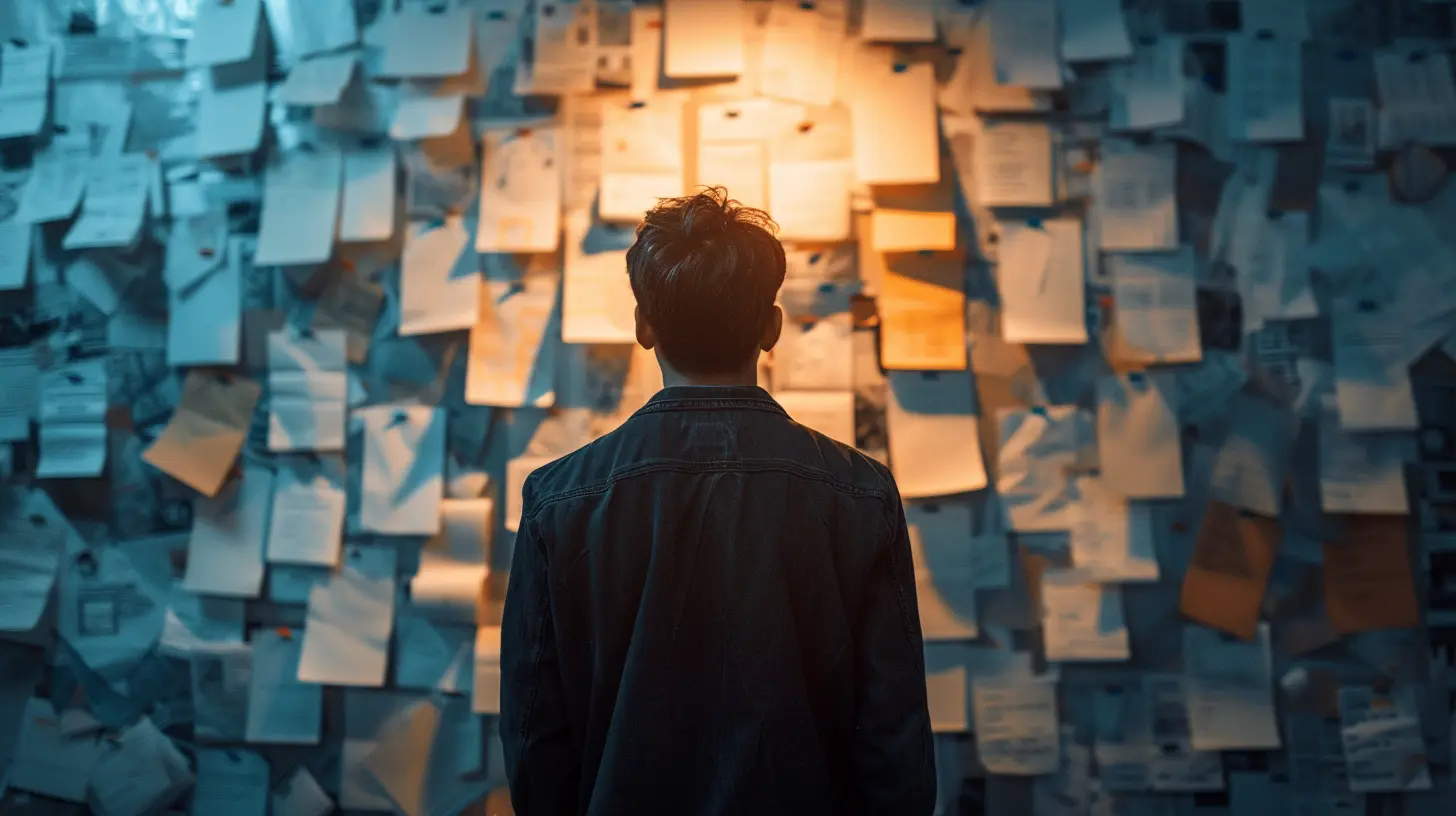
Transform Mistakes Into Smarter Study Habits
1. Build a New Strategy Around the Weak Spot
Okay, let’s say your mistake was not retaining info you read from the textbook. Instead of just rereading (which is passive as heck), switch to active recall. Quiz yourself. Use flashcards. Teach the concept to someone else—or your pet parrot if nobody’s around.If time management’s your Achilles heel, break your study sessions into pomodoro chunks (25 minutes on, 5 off), and make to-do lists that actually guide your session instead of overwhelm you.
2. Use a “Mistake Journal”
Grab a notebook (or use Notion, if you're techy like that), and after every test or study session, jot down:- What worked?
- What flopped?
- What would you do differently?
Over time, this becomes your personal cheat code. When finals roll around, you’re revisiting your mistakes and lessons—not some generic one-size-fits-all advice.
3. Talk About It
Find a study buddy (or a mentor, tutor, or even a teacher) and walk through your mistakes together. Sometimes an outside perspective sees what you can't. They might say, “Hey, you’re always studying late at night. Are you even alert at that point?”Bam. Lightbulb moment.
Real-Life Examples: From Flop to Fantastic
Case Study 1: Sarah and the Essay That Flopped
Sarah thought she studied hard for her English essay. But she scored way lower than expected. Instead of sulking, she asked her teacher for feedback.Turns out, she misunderstood the prompt and didn’t back up her arguments with evidence.
So for the next essay, she:
- Spent 10 minutes just analyzing the prompt.
- Created a rough outline.
- Fact-checked examples before writing.
Result? A solid A.
Case Study 2: Jamal and the Time Squeeze
Jamal kept running out of time on math exams. He realized he was spending too much time on the early problems, trying to make everything perfect.So he practiced timed drills to build speed, and learned to skip and come back to tricky problems.
Result? Not only did he finish, but his accuracy improved too.
Tips to Keep Mistakes From Repeating
- Test yourself before the test: Simulate exam conditions. Mistakes during practice are gold—dig in!- Use spaced repetition: This helps beat forgetting. Review material over days, not just one night.
- Mix it up: Rotate subjects or question types. Variety keeps your brain on its toes.
- Meditate or journal: Helps with focus and reducing anxiety—which are silent mistake-makers.
The Role of Mindset in Mistake Recovery
You’ve probably heard of the growth mindset—but it’s more than just a buzzword.If you believe your intelligence is fixed (aka a “fixed mindset”), mistakes feel like proof you’re not smart enough. But if you have a growth mindset, mistakes become stepping stones. You’re not “bad at math”—you just haven’t figured out the right way to study it yet.
So the next time you mess up, instead of saying “I failed,” say “I’m learning.”
It’s a game-changer.
Tools That Can Help You Analyze and Adapt
Let technology give you a hand (you don’t have to do it all manually):- Notion or Google Docs for a mistake journal
- Anki for spaced repetition flashcards
- Forest App to stay focused
- Grammarly for writing feedback
- Khan Academy / YouTube to reteach tricky topics
Mix and match based on your style, but don’t ignore these powerful helpers.
Embrace the Awkward, Level Up the Awesome
Yeah, mistakes suck in the moment. Especially the big, facepalm-worthy ones. But every time you mess up, you’re collecting data. Like a scientist in a lab, testing what works and what doesn’t in the wild world of studying.The real win? You’re not just getting better grades. You’re building self-awareness, resilience, and a killer learning strategy that’ll serve you far beyond school.
So the next time you look at a disappointing result, don’t groan. Smile (okay, maybe after a few deep breaths). That’s your blueprint for getting better—and better—and better.
Because those past mistakes? They’re not holding you back. They’re pushing you forward.

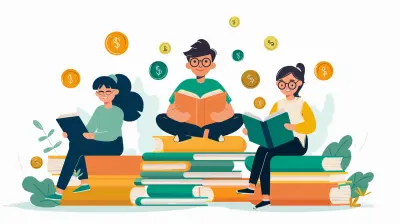
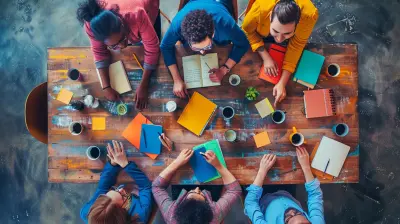




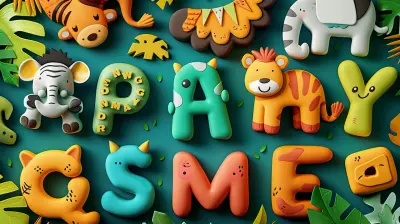

Reece Gomez
Great insight! Reflecting on past mistakes is crucial for growth. This article offers practical strategies to turn setbacks into learning opportunities, ultimately enhancing the effectiveness of future study sessions.
December 25, 2025 at 5:55 AM